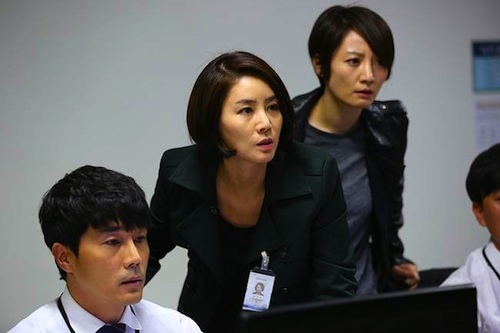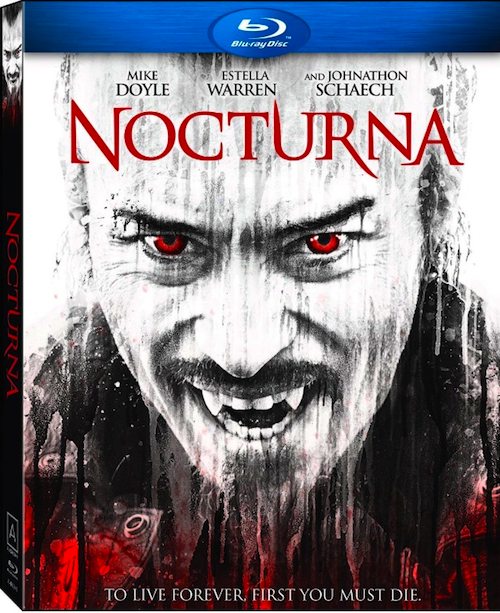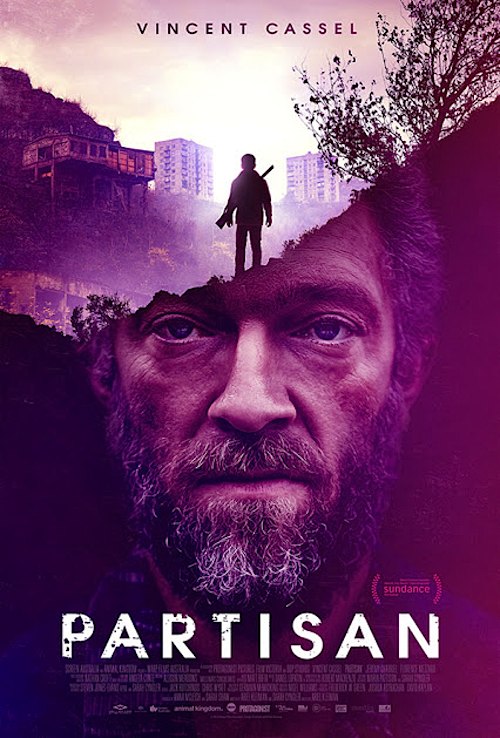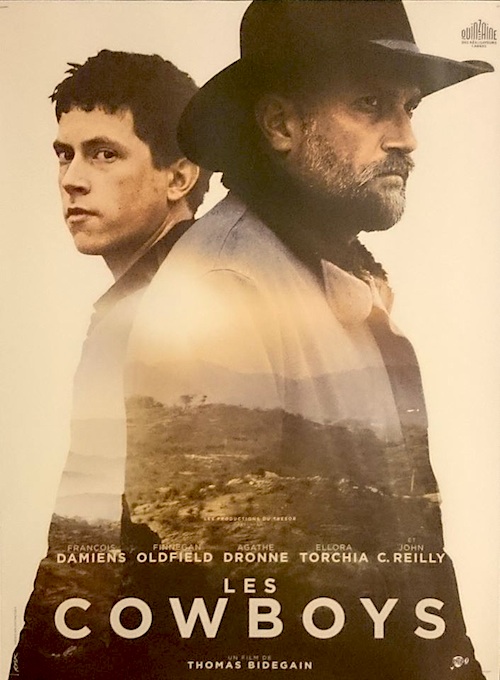By Joe Bendel. As usual, no internet use goes unpunished in the movies. This time, Michel Bellmer will provide our object lesson. He is an adventurer who specializes in conning lonely women out of money. He also engages in strange occult rites, but he is nothing compared to the psychopathic women he unfortunately charms. Belgian extreme auteur Fabrice du Welz darkly riffs on the already pretty macabre case of the “Lonely Hearts Killers” throughout Alleluia, which releases this week on DVD, from Doppelganger Releasing.
Evidently, Bellmer’s pre-date photo burning ritual worked, because mousy Gloria falls for him hard. After an uncharacteristic one night stand, she is only too happy to loan him money for his supposedly struggling business. Of course, women like Gloria are Bellmer’s business—and he is already working on his next deal. However, Gloria is not ready to move on. She tracks him down, but instead of demanding her money back, she offers to be his accomplice, as long as they can periodically steal some intimate time together.
Gloria has one stipulation—no more sex with the marks. Although Bellmer agrees, he knows there is no better way to seal the deal than offering a little sugar. Unfortunately, whenever he tries to hurry things along, Gloria erupts in a lethal jealous fury. Frankly, she is the past the point of being bad for business, but Bellmer is stuck with her.
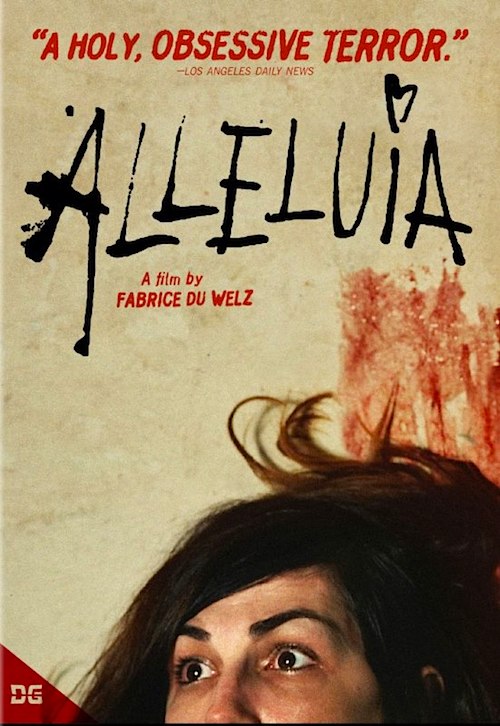 As if Alleluia was not creepy enough, lead actor Laurent Lucas was the victim of an internet death hoax a few months ago. Happily it was bogus, but this feels exactly like the sort of film that could become notorious for the curse-like deaths of its cast-members. Strictly speaking, it is an earthly serial killer film, but Manu Dacosse’s tripped out, massively feverish cinematography gives it all a supernatural looking haze. Du Welz and co-screenwriter Vincent Tavier are pretty vague on the geo-particulars, so for all we know, it could be in one of the outer circles of Hell. It certainly starts to feel that way for Bellmer.
As if Alleluia was not creepy enough, lead actor Laurent Lucas was the victim of an internet death hoax a few months ago. Happily it was bogus, but this feels exactly like the sort of film that could become notorious for the curse-like deaths of its cast-members. Strictly speaking, it is an earthly serial killer film, but Manu Dacosse’s tripped out, massively feverish cinematography gives it all a supernatural looking haze. Du Welz and co-screenwriter Vincent Tavier are pretty vague on the geo-particulars, so for all we know, it could be in one of the outer circles of Hell. It certainly starts to feel that way for Bellmer.
The hopefully very alive and kicking Lucas is terrific as Bellmer, convincingly portraying his unique character development arc, from sociopathic ladies man to psychotically henpecked common law husband. However, Almodóvar regular Lola Dueñas is the black soul at the center of the film. She is profoundly unsettling as the deeply disturbed Gloria (and vice versa). It is also worth noting the fine work of Héléna Noguerra as the rebooted Lonely Hearts Killers’ third prospective victim, the well-to-do widowed mother, Solange. She brings real presence to what could have been a largely disposable role.
This should go without saying, but if the French lover you just met over the internet wants to move in with his unstable Spanish sister, you need to put your foot down and say no. Alleluia should surely will not do any favors for online dating services. Instead, it is an unusually impressive genre film, but it might actually be too effective, by not giving us any breathing space in between the psychotic episodes. Tense and disorienting, Alleluia is recommended for fans of art-house horror when it releases today (10/6) on DVD and Blu-ray.
LFM GRADE: B
Posted on October 6th, 2015 at 11:32pm.
